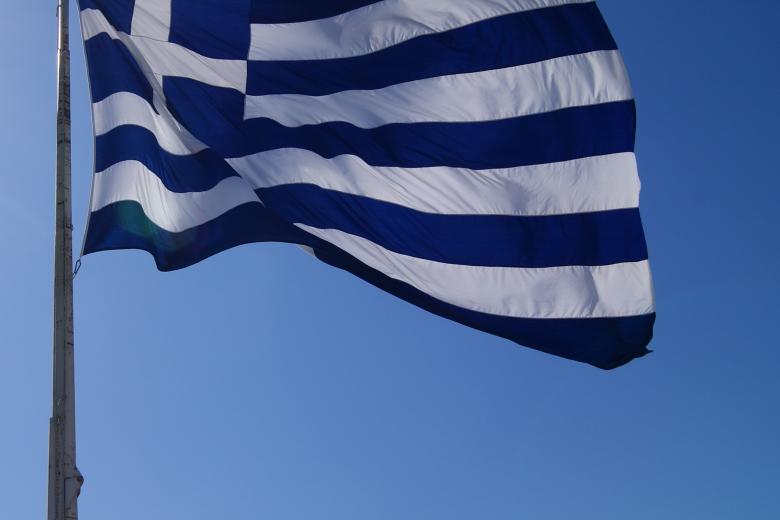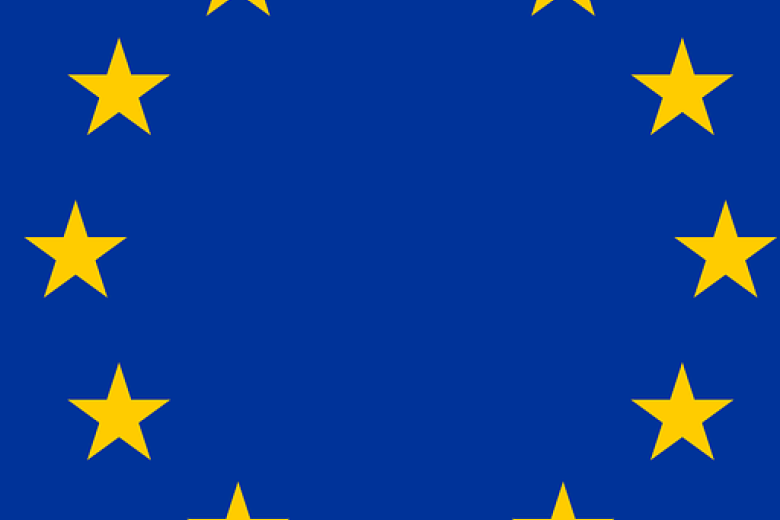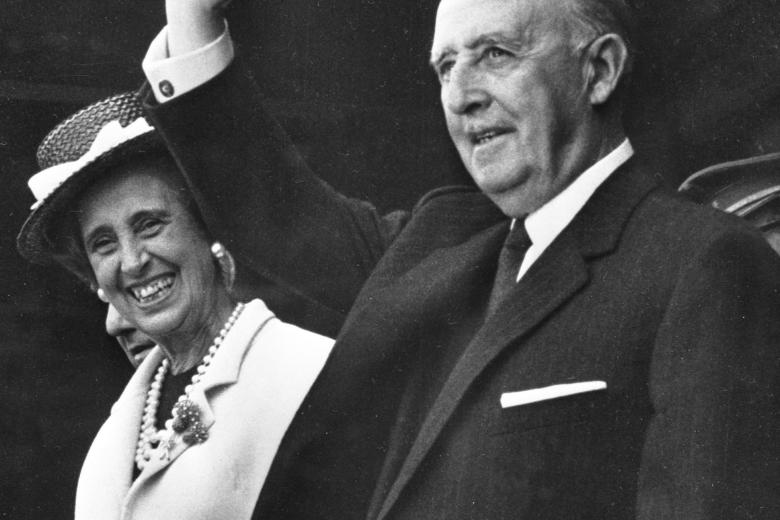The Nikolova case (C-83/14), currently pending before the Court of Justice (CoJ), constitutes an interesting and unique example of a practice alleged to have discriminatory effects on a large group of persons defined by reference to their Roma ethnic origin. The case sheds light on the role that EU substantive as well as procedural equality law may play in challenging large scale discriminatory practices.
On the Run for International Criminal Justice: Sudanese President Omar al-Bashir Escapes from South Africa
- Law
In the last few days, the tension between the International Criminal Court (ICC) and the African Union (AU) reached yet another climax in South Africa. Hosting the 25th AU Summit in Johannesburg, the South African Government guaranteed all attending AU leaders, including Sudanese President Omar al-Bashir, immunity. Not too long after al-Bashir’s arrival, however, an NGO, the South African Litigation Centre (SALC), started court proceedings demanding that South Africa would comply with its obligations under the ICC Statute and enforce two warrants for Al-Bashir’s arrest issued by the ICC in 2009 and 2010 concerning the alleged commission of crimes against humanity, war crimes and genocide in the Darfur war. On Sunday, the South African High Court granted an interim order prohibiting al-Bashir to leave the country. Officials at each point of entry and exit to the country were instructed to enforce this interim order.

The legal possibilities of a Greek exit from the Eurozone
- Law
An older post, but still up-to-date.
The long-debated exit of Greece from the Eurozone as a consequence of the current financial crisis has re-emerged in January 2015 when German finance minister Schäuble indicated that a so-called ‘Grexit’ would be a scenario no longer unimaginable for the other Euro member states to cope with.[1] Apart from the economic and political consequences of such an exit from the EMU, the question of the legal feasibility of such a scenario arises as the treaties remain silent on this matter though in general commentators are in agreement that no right to (unilaterally) exit the Eurozone exists.Considering[2] the lack of any treaty provision, it seems that a member state wanting to leave the Eurozone only has two options:[3] 1) either leaving the European Union as a whole and re-entering it or 2) by means of a treaty amendment.

The ball is back in the FCC´s ´court` [The CJEU´s OMT-decision of 16 June 2015]
- Law
While Europe holds its breath and follows the negotiations between Greece and its partners on the financial assistance, another ´piece in the puzzle` of the European attempts to contain the sovereign debt crisis has prominently featured in the press recently. The Court of Justice (CJEU) delivered its long awaited decision in the first every preliminary ruling request submitted by the German Federal Constitutional Court (FCC). Possibly the most important statement of the CJEU in the decision of 16 June was that ‘a programme such as that [OMT programme] announced in the press release’ would not violate EU law.

US Supreme Court orders the Gay-Marriage
- Law
Last Friday, in Obergefell et al v. Hodges the United States Supreme Court by a 5-4 vote held that same-sex couples may exercise the right to marry in all US States. President Obama, a fervent supporter and promotor of the gay-marriage and gay rights, decided to light up the White House as a rainbow and twittered that “Gay and lesbian couples now have the right to marry, just like anyone else. # Love wins”.

Dutch immigration and integration policy: A turn to restrictiveness
- Law
The 2015 Migrant Integration Policy Index (MIPEX) update highlights and confirms the shift towards a restrictive migration and integration policy in the Netherlands. Overall, the Netherlands dropped to the eleventh place in the MIPEX ranking, down from the fifth in 2010.

Spanish ‘Gag Law’: a trip back to the time of Franco’s regime?
- Law
On 24 January, the Council of Ministers of the Spanish Government, following the mandate of the Head of State, approved the Law-Decree that foresees the suspension of Articles 12, 14, 15, 16 and 18 of the Charter of Rights and Freedoms of Spaniards (Fuero de los españoles). For a period of three months, and throughout national territory, the freedom of expression, the right to freely fix a residence within the territory of the state, the inviolability of the home, the rights to peaceful assembly and association and the guarantee that no person shall be arrested except in the circumstances and forms provided for by law were not enforceable. This Decree was the Government’s reaction to the student riots in Madrid and Barcelona in the midst of a particularly tense social climate with huge industrial conflict. In that moment, the Head of State was the Dictator Francisco Franco and, in 1969, Spain was far from being a democratic state.

The Greek, the Euro and Democracy
- Law
After months of negotiations between Greece, the International Monetary Fund (IMF), the European Central Bank (ECB) and the European Union (EU), which acuminated in an overwhelming amount of over 60% of “no”-votes by the Greek citizens to the reforms attached to the second Greek bailout programme last Sunday (5th July), an end to this Greek tragedy is now coming into sight. On Sunday a final decision is to be taken on whether the Greek reform plans will be accepted by the EU in exchange for a third bailout package or whether it will be rejected, in which case a Greek exit from the Eurozone (“Grexit”) is said to be inevitable.

Understanding the Greek morality play and the ‘tough love’ of the European family
- Law
After months of media bombardment about ostensibly lazy Greeks who are unwilling to pay their taxes or their debts to the fellow countries of the Eurozone, the latter of which generously helped Greece out of its self-inflicted dire financial straits, many in Europe have breathed a collective sigh of relief that Grexit has – for now – been forestalled through an agreement between the Greek Syriza government and its European creditors.

Judges and politics: the familiar game of musical chairs
- Law
Every once in a while it will pop up again as an argument: a judge may not occupy the seat of a legislator (or politician)... This article is only available in Dutch.

